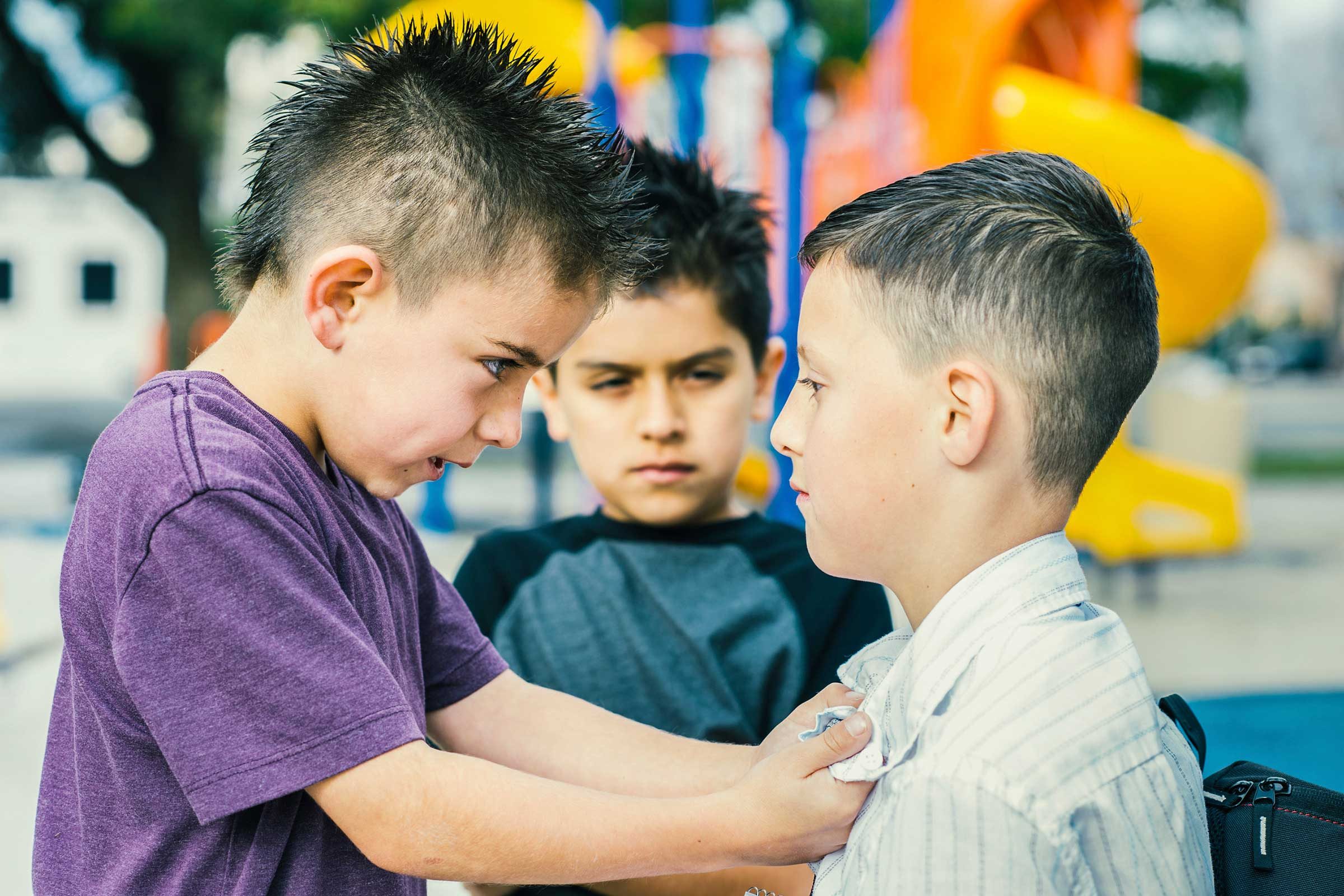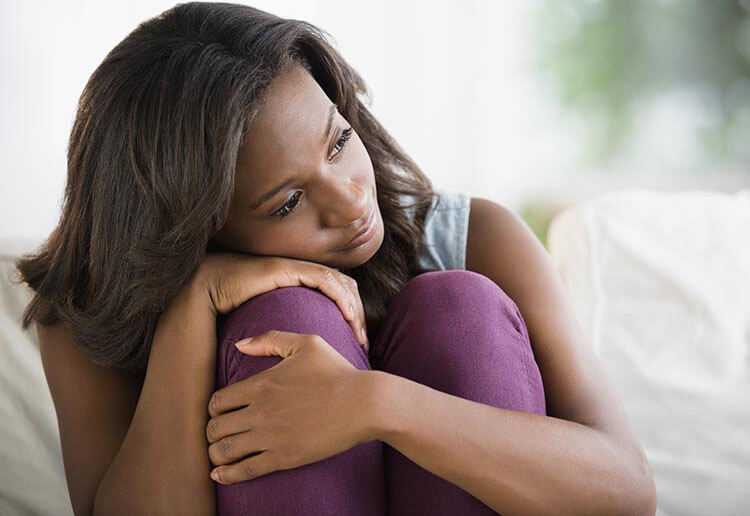The Lasting Effects of Bullying
According to Pacer.org, about 20.2%, or one out of every five children in the United States, has reported being bullied at some point during their time in public school. While the prevalence of bullying may not last long, the effects often do. Of those children who reported being bullied, 23% of them sought out psychiatric help before the age of 30. Adolescent bullying has a multitude of harmful and lasting effects on victims that are not talked about enough and are not properly dealt with.
What Are the Effects of Bullying?
There are tons of effects bullying can cause a victim. However, some of the most common are depression, anxiety, low self-esteem, and even the contemplation or action of suicide.
When it comes to being bullied, depression and anxiety often go hand in hand as a defense mechanism in coping with the situation. Mental illnesses, like such, are often the most common side effect of bullying. The memories of past interactions with instigators can often bring feelings of fear or anger or even self-criticism, that cause anxiety to bubble in a person. In extreme cases, research shows, that anxiety can develop into Acute Stress Disorder or even Post Traumatic Stress Disorder. And depression can worsen over time, with or without the help of a psychiatrist.
Bullying can also ignite a ton of self-doubt into a person. Stonebridge College's website states that, "Low self-esteem leads to becoming socially anxious and feeling withdrawn from others..." The website also goes on to state that, "Having a low self-esteem from bullying can have an impact on mental health and can also affect young people later on in their lives." The sense of overthinking everything you do or criticizing yourself based on others is a very common attribute among those who have been bullied. Put up against the possibility of depression/anxiety or suicide, low self-esteem doesn't look so bad. But realistically, it's impacts can be just as horrid and harmful.
Over 4,000 young people commit suicide each year because of altercations or involvement in bullying. People who have been bullied are 2-9 times more likely to have either contemplated suicide or attempted. Bullying is one of the biggest causes of suicide in children from the ages 10-14, and in the last thirty years, suicide rates among those ages have grown 50%.
It is easy to put down others for the way they cope with a traumatic event, and people often believe that victims of bullying are overreacting. Some people argue that bullying is a part of childhood and that it cannot and should not be stopped. They also argue that bullying is detrimental in making someone emotionally stronger. And while bullying may do that for some individuals, most statistics show that bullying is extremely damaging to children's mental health. Perceiving bullying in this way also undermines the victim's trauma and pushes past the mental, or physical, effects it may have on the person.
Every day in the United States there are more than 100,000 kids that stay home from or resent going to school because they are afraid of other students. They would rather miss out on their education because they are afraid of being bullied. Unfortunately, those kids are the same ones who contemplate hurting themselves or, in extreme cases, contemplate hurting others. A study by the U.S. Secret Service's National Threat Assessment Center found that the majority of school shooters were bullied in school. If schools in America would implement proper protection programs, or bullying prevention programs in school, some of those tragedies could have been prevented. Programs like such could also help prevent future threats by aiding to an individual before they make it to a point where they consider hurting others.
What Can Be Done?
Regardless of age, bullying is damaging to oneself, and our school systems in America have hardly recognized that. While public schools do have counselors for students to talk with, it can be intimidating to actually bring themselves to speak with them. Allowing students, the options to speak anonymously or within groups of other students who are experiencing the same things, would be more beneficial and less menacing. It might also be very beneficial to implement more assemblies against bullying into school calendars. Having guest speakers and hearing the stories of adults who had been bullied in their youth or hearing from the parents of children who had been bullied, would be a great way to relate back to the students and allow them to reflect on their actions. Something like this might also encourage students to speak up, or speak out, against the bullying they have endured.
What Can You Do?
Bullying often goes unnoticed or unreported. The first thing a person can do is keep an eye out for suspicious activity between students or peers and report anything that they might see. Ignoring the problem often makes it worse, and being a bystander who doesn't report it makes you part of that problem. Knowing the signs of depression or suicide can also help someone in the long run by getting them the help they need as quickly as possible.
If you notice someone being bullied don't be afraid to ask them if they are ok, or to let them know they are not alone. Though it may seem silly, words of affirmation often relieve a person or help them get past a hard situation.


Comments
Post a Comment